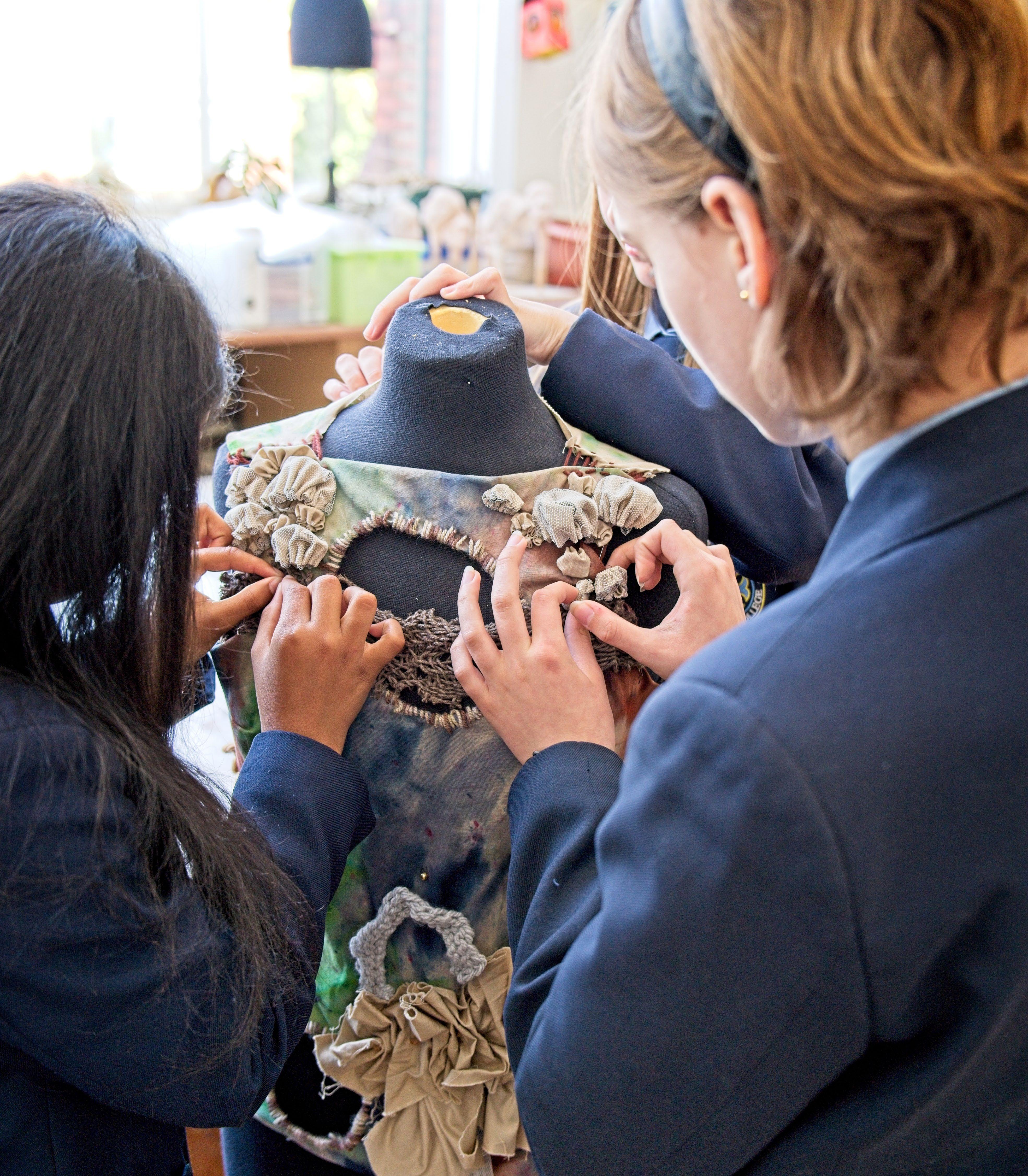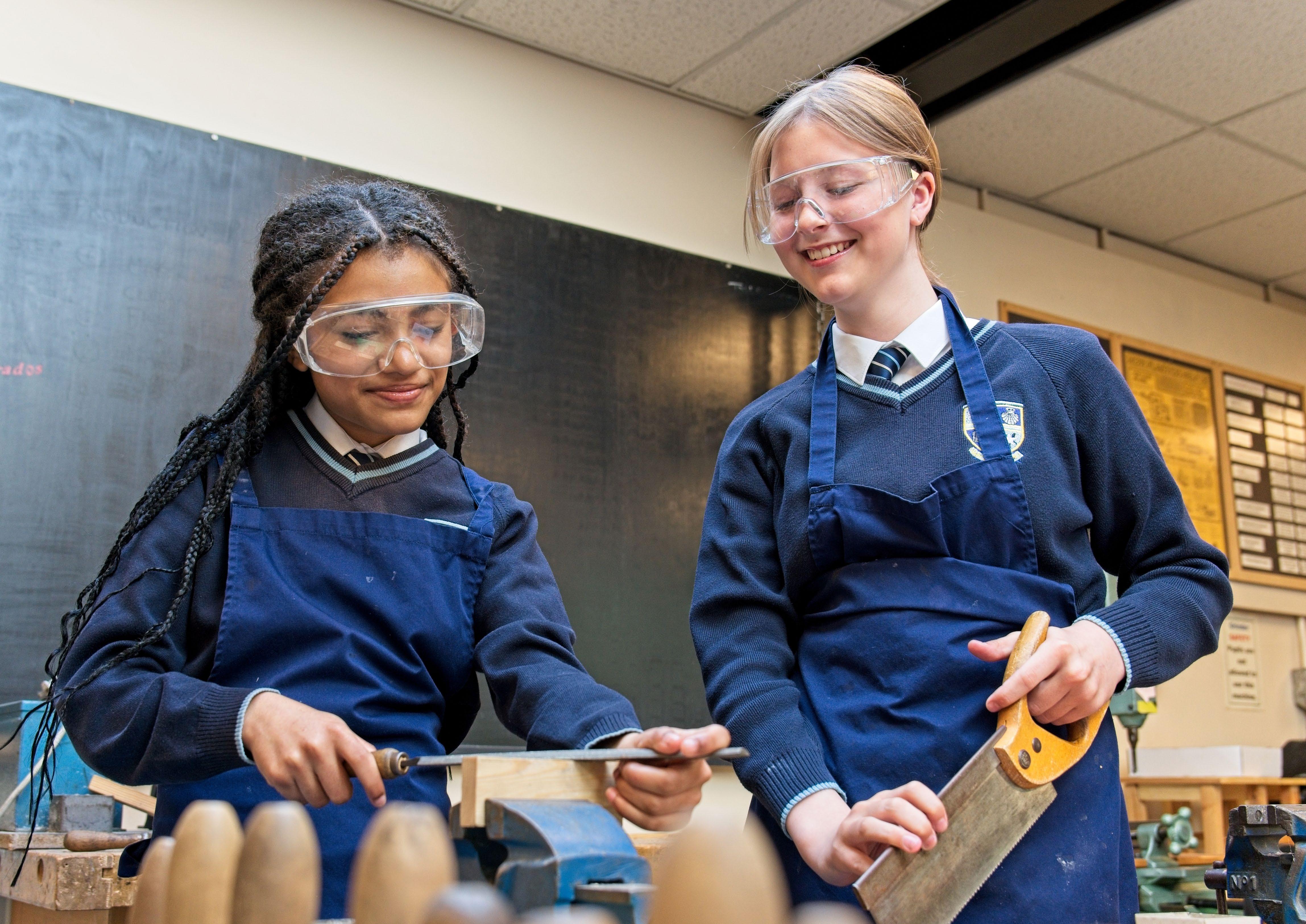
THE PROCESS OF BECOMING AN ACADEMY




The concept of academies is not new. They first came about in the 1980s as City Technology Colleges independent of Local Authority oversight. Since the start of the 21st Century, governments of different shades have promoted academies as a way of improving educational standards. Academies now make up the majority of schools in the UK with 80% of all secondary schools being an academy or free school and 40% of all primary schools holding that status.
The spread of academies has been less rapid in the North West and also in the Voluntary Aided sector; particularly with Catholic schools.
The Archdiocese of Liverpool has recently launched its academisation strategy and is giving each school within the Archdiocese the opportunity to join one of 12 multi academy trusts. The first of these trusts is ours, the Pope Francis Catholic MAT. We currently have three secondary schools and are proud to be identified as the Sefton CMAT in the strategy.
We are very conscious that each school will be considering when the best time is for them to become an academy based on the needs of the pupils they serve. They will also be undertaking a very thorough due diligence process for the MAT they are thinking of joining as it’s really important there is a common shared purpose, vision and values.
The Pope Francis CMAT is very much a Liverpool Archdiocese Trust. The CMAT will adopt all the principles outlined within the strategy and will ensure its articles of association, scheme of delegation and policies are those put forward by the Archdiocese.
We believe very strongly in the unique identity, tradition and history of each school within their community and have a strong desire to preserve this. By working closely together, sharing expertise, ideas and resources we will become stronger and in turn this will strengthen each school; unity and collaboration in the pursuit of excellence for all.
At the same time, our multi academy trust is of such a size that it can provide support and services to schools that they would not ordinarily have on their own and these services are of the highest quality. Not only have Headteachers and Governors got the assurance that the support they are getting is best in field, but it saves considerable amounts of time, allowing school leaders the ability to focus on their core purpose of continuously improving the quality of the education they provide to their children.
The decision to become part of a multi academy trust is one of real significance and one which can have a hugely positive impact on the school. It is a decision not to be taken lightly and there is a legal process to undertake. The Trust will pay all reasonable legal fees and conversion costs (e.g new website for the school, signage etc).

While the Archdiocese of Liverpool has determined that all Catholic schools should have the opportunity to join a Trust, it is important that all processes start with understanding, transparency and integrity. That is why discussion is the critical first step so everyone understands expectations and needs.
Discussion with the PFCMAT, Archdiocese and DfE
There are four steps to becoming an academy. These are:
1. Making the decision to apply
2. Due diligence
3. Legal conversion
4. Managing the practicalities
We will assign a Project Manager, at Trust expense, who will guide you through the process at every stage to ensure a smooth transition.
Pass a GB resolution to become an Academy as part of PFCMAT
Discussions with DfE, Archdiocese and the Advisory Board
Due diligence is the process of making sure all stakeholders understand the information needed to make fully informed decisions about how a school transfers into a new academy trust.
It requires an understanding of the following areas of the school:
• Safeguarding
• Education Standards
• Governance
• Finance
• HR
• ICT and MIS
• Estates
In summary:
• Valuation
• Existing contracts, insurance and SLAs
• Health and Safety and Compliance
We have a very thorough process which we are happy to discuss. For further details of the due diligence process please see the Join Us section on the Trust website www.pfcmat.org
In addition, due diligence works both ways. Included in the due diligence process is consultation and discussions with key stakeholders.
School formally enters the project management stage

Once the due diligence (Stage 2) has concluded and all the consultation outcomes are understood and considered by the school governing body, Directors of Pope Francis CMAT and the DfE, their approval to proceed then initiates a number of processes where the legal structure and contract is transferred to the Multi Academy Trust.

We know that the above takes time and effort, and while you are already running a school, this can be challenging. That is why our project management team are with you every step of the way. We will do things such as:
• Buying the Access licence
• Opening a bank account
• Producing a five year financial plan including pupil numbers
• The closing down of the Sefton accounts
• Pension assessment
• Moving the payroll
Due diligence can seem overwhelming, this is not the case. The CFO of the Trust has led over 100 conversions in previous employment. At the Trust’s expense we will appoint a project manager who will facilitate this and cause as little disruption to normal school life as possible. The vast majority of the legal documents are simply standard forms that have been agreed and used thousands of times before.
The ways in which we support you include:
• Weekly meetings
• Project plans for each conversion
• Shared checklists

Pope
Netherton
Bootle
Telephone:
Email: info@pfcmat.org